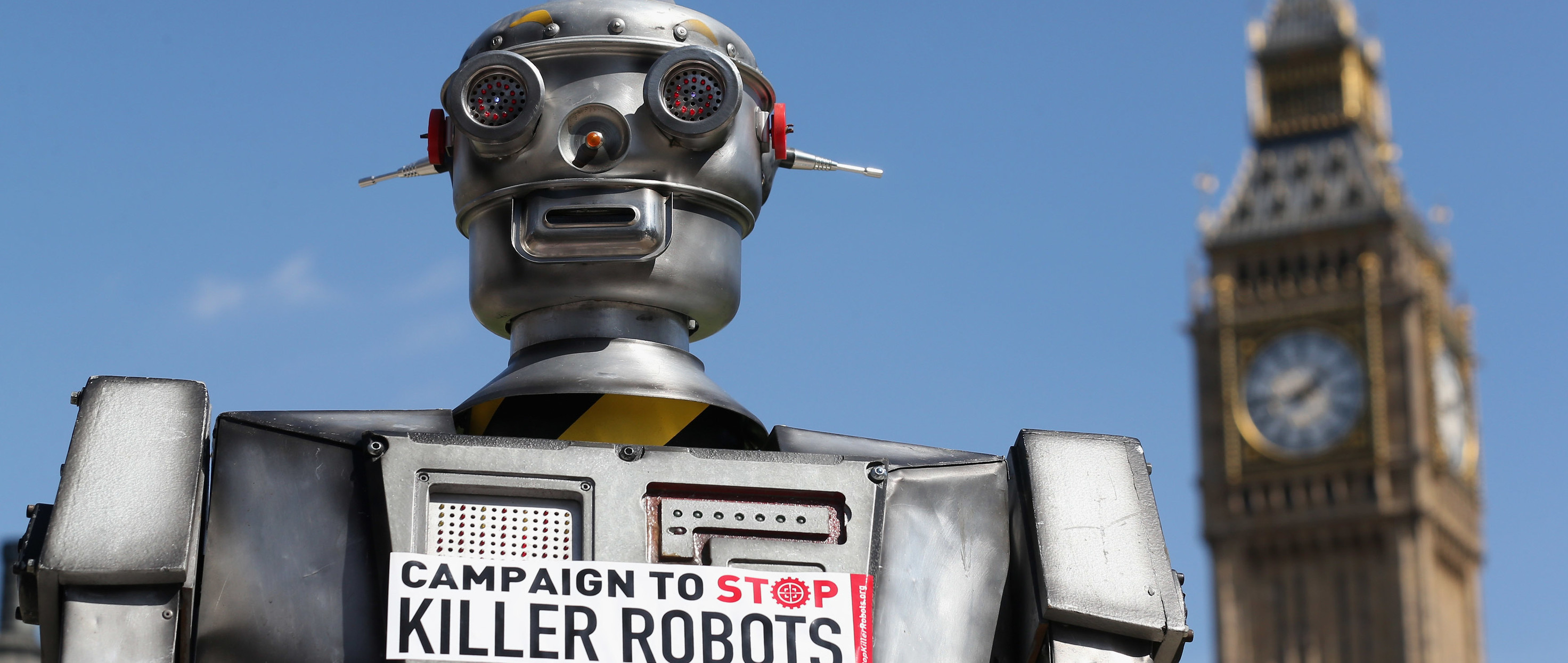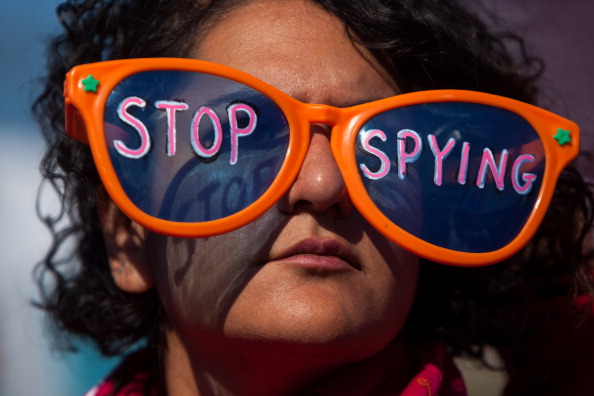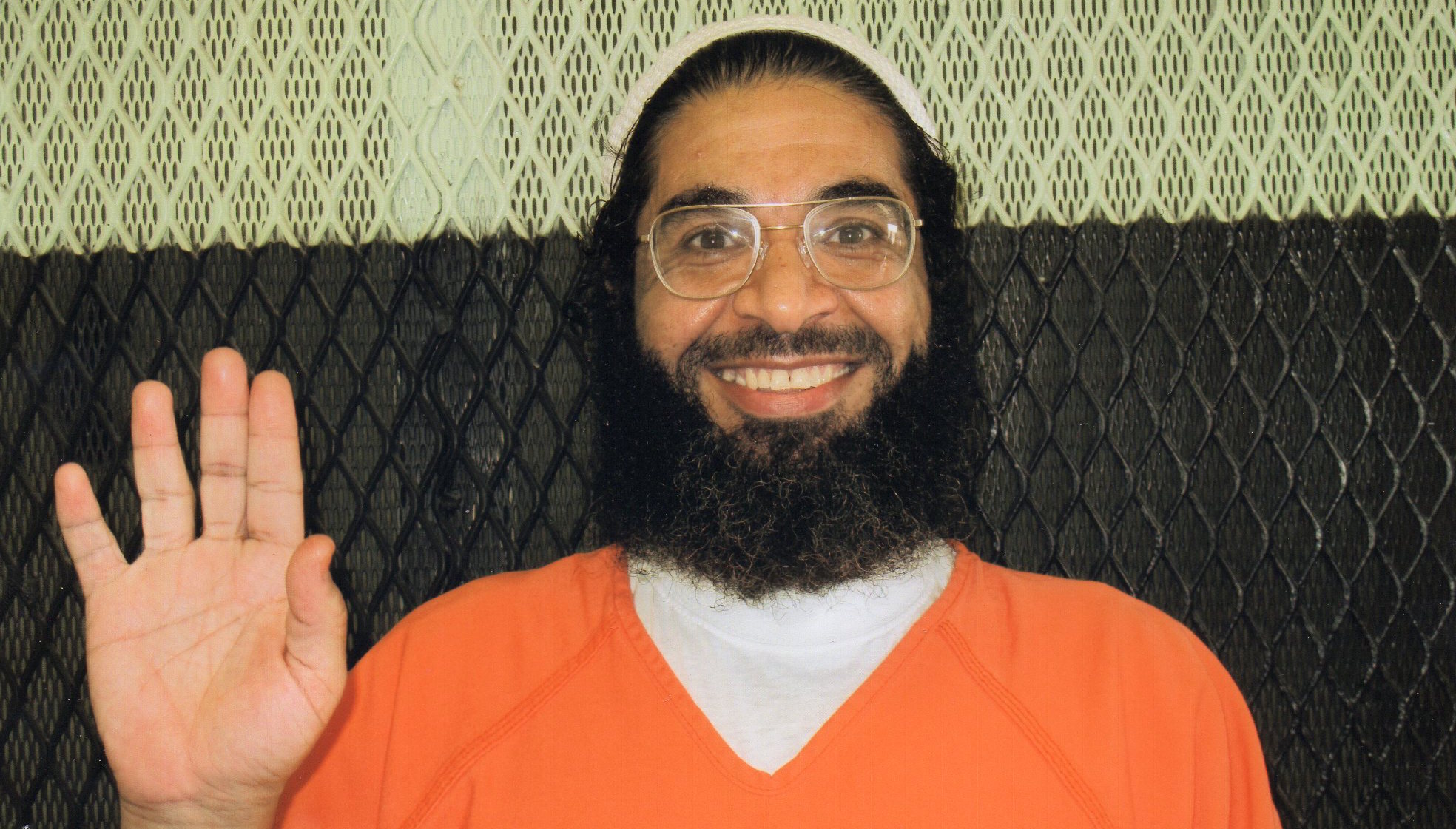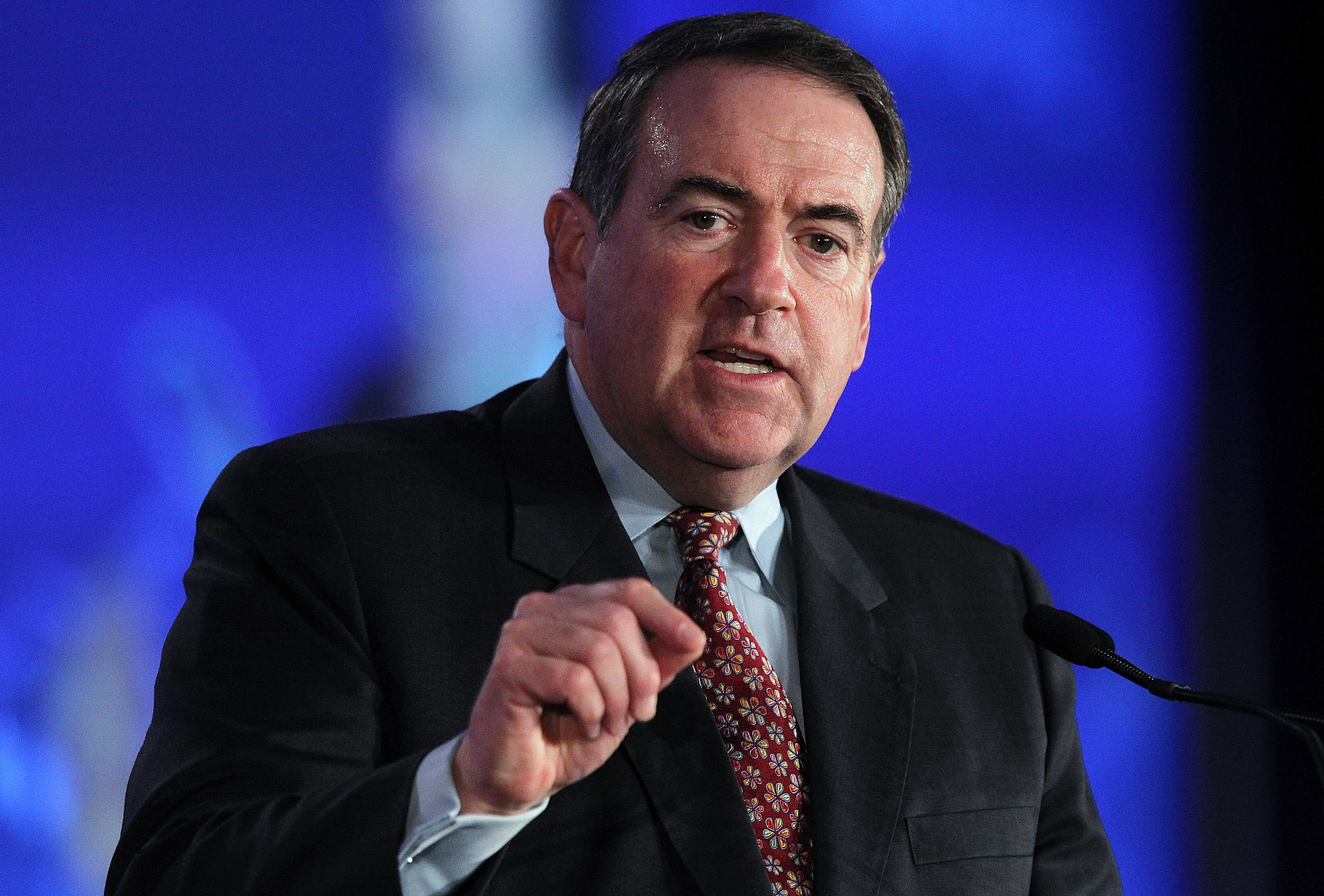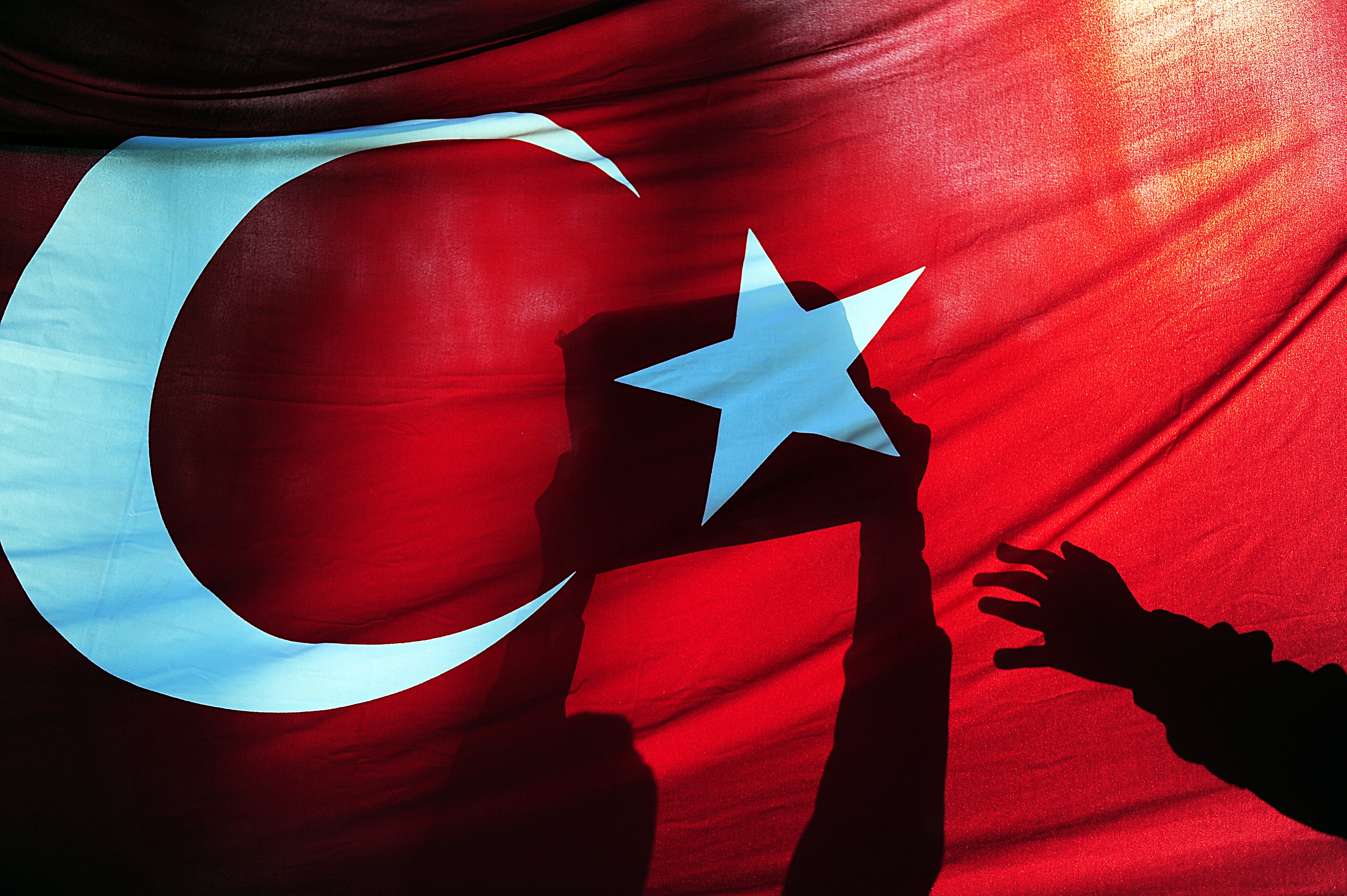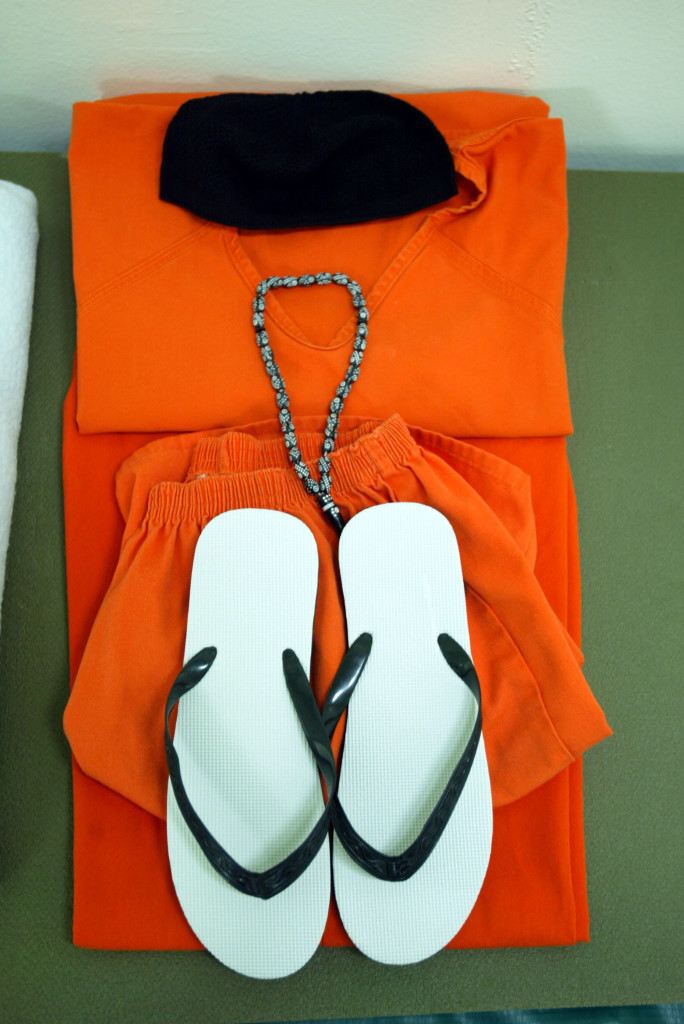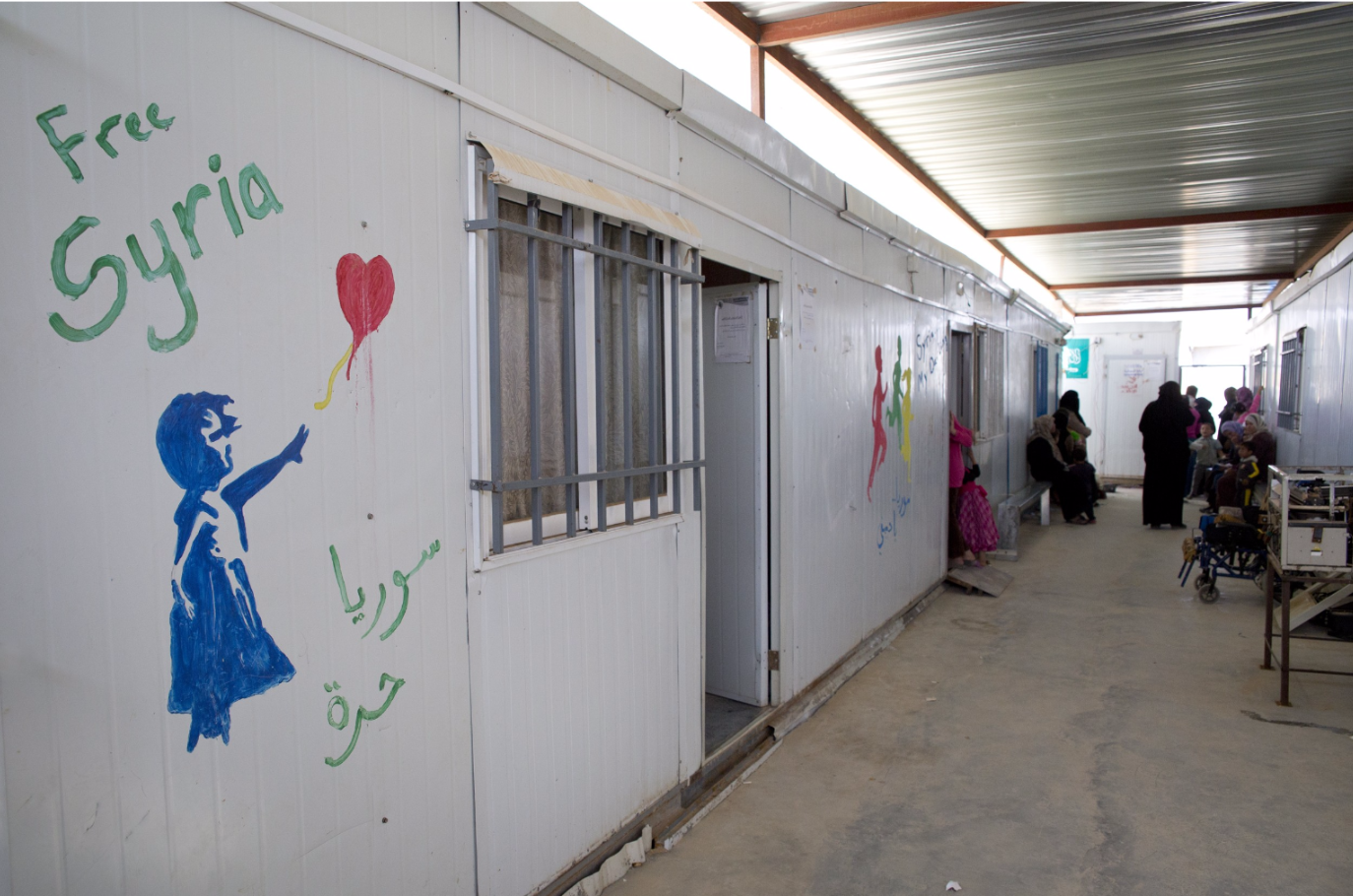
By Christina V. Harris, Women’s Human Rights Coordination Group
Three years ago, a tenacious student in Pakistan named Malala Yousafzai brought to the world’s attention the hardship faced by millions of girls living in conflict zones around the world when she was shot in the head by a member of the Taliban on her bus ride home from school. The Taliban had targeted Malala because of her advocacy for something that many of us take for granted: her right, and the right of all girls and conflict-affected children, to a safe education.
According to a recent joint report by UNICEF and UNESCO, one-half (nearly 30 million) of the world’s out-of-school children are those from war torn nations—and most are girls.
